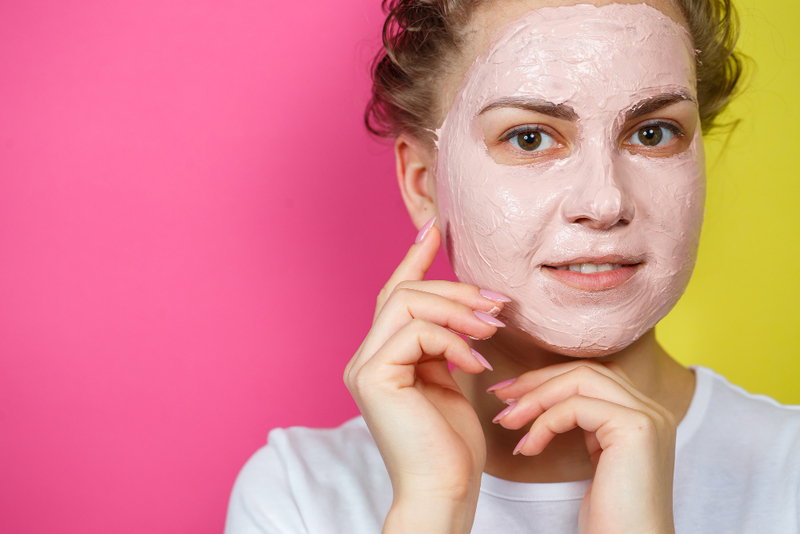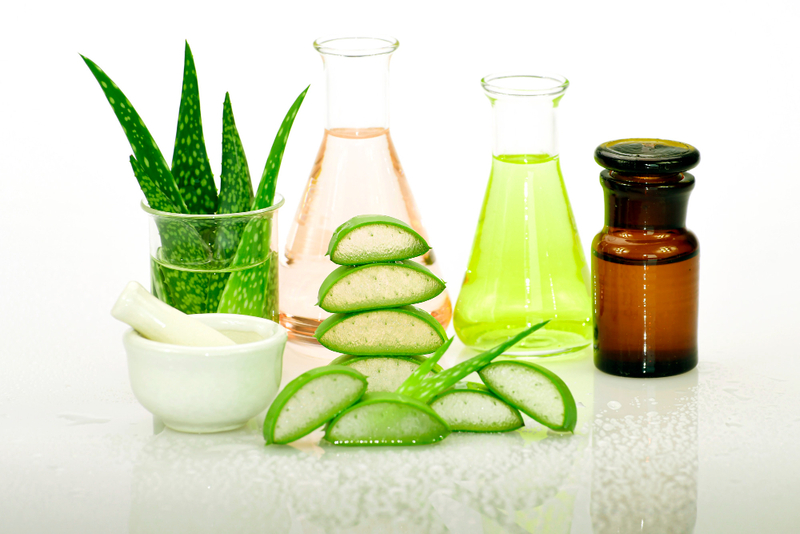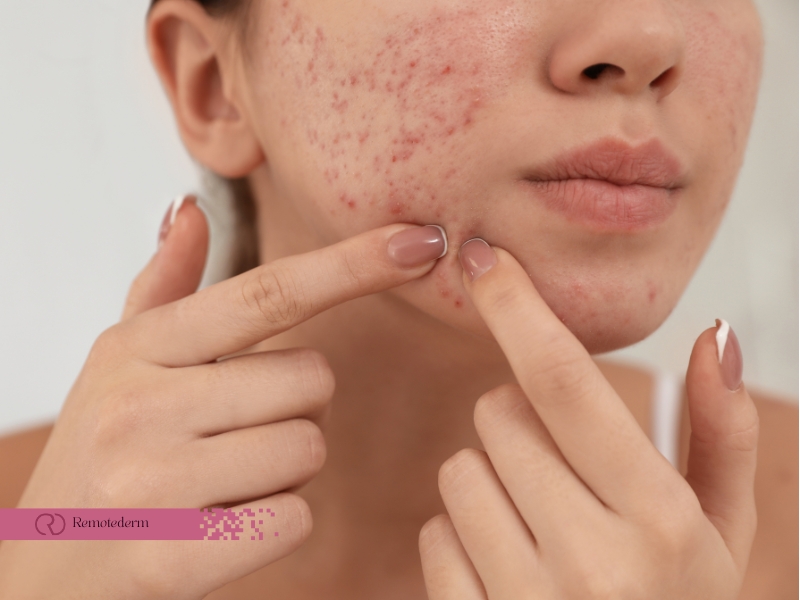Teen acne is a common dermatological concern affecting many Canadian teenagers. It’s not just a cosmetic issue; it can also impact self-esteem and emotional well-being. This article offers a comprehensive guide to understanding teen acne, its causes, treatments, and prevention strategies tailored to Canadian skincare needs.
Causes of Teen Acne
Teen acne typically begins with the onset of puberty when hormonal changes lead to increased oil production in the skin. Here are some factors contributing to teen acne:
- Hormonal changes: During puberty, the body produces more androgens, hormones that stimulate the oil glands and hair follicles in the skin, leading to increased oil production. This oil can clog pores, leading to acne. Hormonal fluctuations during menstrual cycles can also trigger acne in teenage girls.
- Genetics: If your parents had acne, you’re more likely to develop it too. Researchers believe that certain genetic factors may be associated with acne. Studies are ongoing to identify the specific genes involved in acne development.
- Diet: Certain foods, especially those high in sugars and fats, can exacerbate acne. Studies have shown a link between acne and consumption of dairy products and high-glycemic-index foods like white bread and chips. However, more research is needed to fully understand the relationship between diet and acne.
Acne Treatment for Teens
Teen acne is a prevalent issue in Canada that can be addressed through various treatments and lifestyle modifications. The best treatment for teen acne depends on its severity and type. Here are some options:
Over-the-counter treatments: Products containing benzoyl peroxide or salicylic acid are commonly used. Benzoyl peroxide eliminates acne-causing bacteria, while salicylic acid aids in unclogging pores. These treatments can be effective for mild acne but may cause skin dryness and irritation.
Prescription medications: For severe cases, dermatologists may prescribe topical retinoids or antibiotics. Retinoids help prevent hair follicles from becoming plugged, and antibiotics can eliminate excess skin bacteria and reduce redness. However, these medications can have side effects and should be used under a dermatologist’s supervision.
Lifestyle modifications: A healthy diet, regular exercise, and a good skincare routine can help manage acne. Regular exercise can regulate hormones and promote healthy skin, while a balanced diet can provide essential nutrients for skin health. A good skincare routine includes gentle cleansing, moisturizing, and sun protection.
Topical treatments: These are often the first line of treatment for mild to moderate acne. They include over-the-counter products and prescription medications. Topical treatments work by reducing oil production, speeding up skin cell turnover, and fighting bacterial infection.
Oral medications: These are usually prescribed for more severe acne or if topical treatments aren’t effective. They include antibiotics, birth control pills (for girls), and isotretinoin. Oral medications work by reducing oil production or reducing inflammation.
Therapies: Light therapy, chemical peels, and other professional treatments can be considered for persistent acne. These treatments can reduce acne and improve the appearance of acne scars. However, they should be performed by a trained professional to avoid potential side effects.

Remember, it’s always best to consult a dermatologist to determine the most suitable treatment for teen acne. Each person is unique, and what works for one may not work for another. Patience and consistency are key in managing acne, as most treatments take time to show results.
How to Get Rid of Teen Acne?
Getting rid of teen acne involves a combination of treatments and preventive measures:
Consistent skincare routine: Regular cleansing, toning, and moisturizing can help keep acne at bay. It’s important to choose products suitable for your skin type and to avoid harsh products that can irritate the skin. Also, avoid touching your face frequently as it can spread bacteria and cause breakouts.
Healthy diet: A well-balanced diet high in fruits, vegetables, and lean meats can help enhance skin health. Avoiding high-glycemic-index foods and dairy products can also help manage acne. Drinking plenty of water can also help detoxify your body and keep your skin hydrated.
Regular exercise: Physical activity helps reduce stress, a common trigger for acne. It also promotes healthy circulation, which can keep your skin healthy and vibrant. Remember to cleanse your skin after exercising to remove sweat and prevent clogged pores.
Online Dermatologist: Consulting an online acne dermatologist can be a convenient and effective way to manage teen acne. They can provide personalized treatment plans and monitor progress remotely. This can be particularly useful for those who live in remote areas or have busy schedules.
What are some natural remedies for teen acne?
Here are some natural remedies that are often used to help manage teen acne:
- Apple Cider Vinegar: Known for its antibacterial properties, it may help kill acne-causing bacteria and balance skin’s pH level.
- Tea Tree Oil: It is a natural antibacterial and anti-inflammatory, which might kill P. acnes, the bacteria that causes acne.
- Green Tea: Rich in antioxidants, it can help reduce inflammation and fight bacteria.
- Aloe Vera: Recognized for its calming effects, can aid in the healing of injuries, the treatment of burns, and the reduction of inflammation. Its anti-inflammatory characteristics may make it a useful resource in the management of acne.

Remember, while these remedies can help manage acne, they may not work for everyone. It is important to remember that some of these remedies can cause skin irritation or an allergic reaction in some people, so it’s important to do a patch test first.
Final Thoughts
In summary, teen acne is more than just a skin issue—it can significantly impact self-esteem and emotional well-being. Understanding its causes and treatment options is essential. From over-the-counter products to lifestyle changes and natural remedies, there are various ways to manage acne. However, consulting a dermatologist, especially in Canada where online dermatology services are available, provides personalized advice. With patience and consistency, teens can effectively manage acne, promote healthier skin, and boost their confidence.
FAQs
1. Can makeup cause teen acne?
Yes, certain types of makeup can clog pores and trigger acne. It’s best to use non-comedogenic products, which are designed not to clog pores. Additionally, always removing makeup before bed can help prevent acne.
2. Can teen acne be prevented?
While it’s difficult to completely prevent teen acne due to hormonal changes during puberty, maintaining a healthy lifestyle and skincare routine can help manage it. This includes regular exercise, a balanced diet, and proper skin hygiene.
3. How long does teen acne last?
The duration of teen acne varies for each individual and can be influenced by factors like genetics and skincare habits. Generally, it can last throughout the teenage years and sometimes into early adulthood.
4. Is teen acne a sign of puberty?
Yes, the onset of acne is often associated with puberty due to hormonal changes in the body. However, it’s important to note that while common, not all teenagers will experience acne during puberty.
